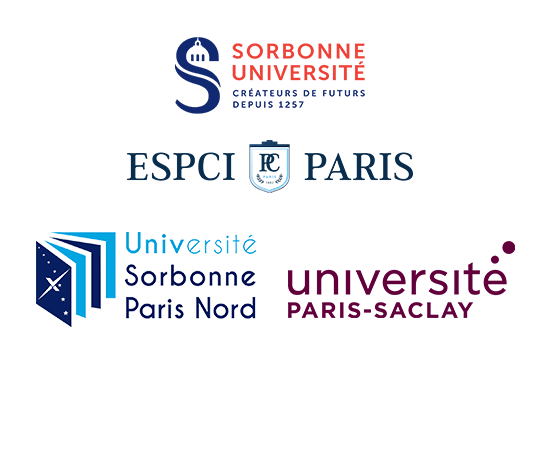Sujet proposé par Julien FUCHS,Laboratoire LULI, Ecole Polytechnique. The characteristics of charged particles interacting with other materials have been studied since the discovery of their existence and vast amounts of experimental data has been accumulated on this topic. However, ion interactions with hot, dense plasmas are still untouched. The main reason is that the bunch length of existing particle sources produced by conventional accelerator (typically ns) are too long to probe such dense plasmas before they disassemble. However, many theories exist for ion interaction in warm plasmas, although unchecked. To overcome this difficulty, we have developed for several years a new, compact, experimental platform [Phys. Rev. Lett. 110 , 135003 (2013); Nuclear Inst. and Methods A 740 , 105-106 (2014)] that utilizes short pulse laser produced ion beams [Phys. Rev. Lett. 108 , 055001 (2012)] which have different, but complementary, characteristics compared to conventional accelerators. Such laser-based platform, by producing very short ion bunches, presents the potential to finally breakthrough in studying the temporal dynamics and interactions with plasmas. The project will focus on performing measurements of the energy loss of protons and alpha particles after passing through several types of un-heated and heated low-Z, dense gases, using the new platform that we have recently developed. Furthermore, the project will aim at performing these measurements in the presence of a strong external magnetic field we recently coupled to high-power lasers [Science 346 , 325 (2014)]. This is a topic that has not been addressed experimentally, but has been already extensively treated theoretically. Applications for this magnetized regime include magnetized Inertial Confinement Fusion (ICF) and astrophysics. For this, the PhD candidate will benefit from active interaction with collaborators from ELI-NP [http://www.eli-np.ro/] in Romania with whom the project will be shared (and who can co-finance the project), and with CELIA (Bordeaux), LPGP (Orsay), and U. of Roma on theoretical modeling of plasmas and stopping power.

